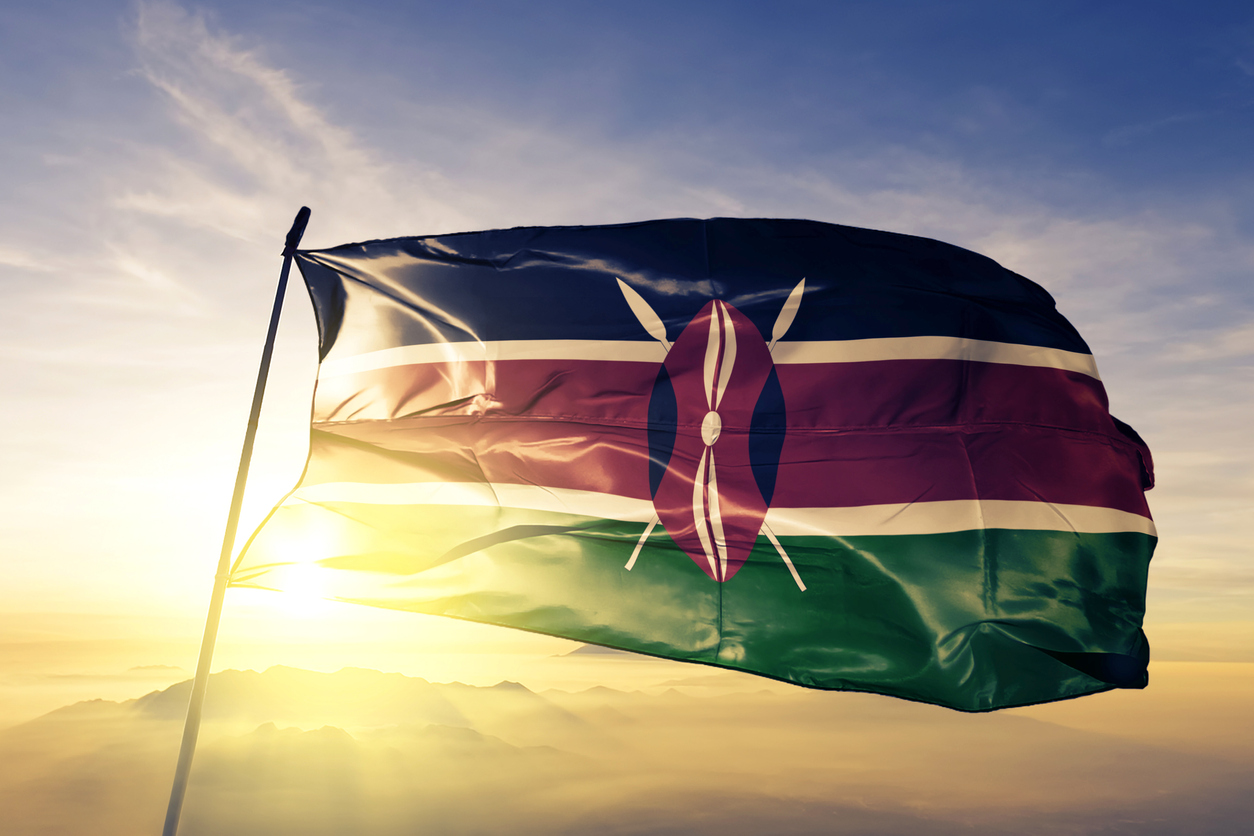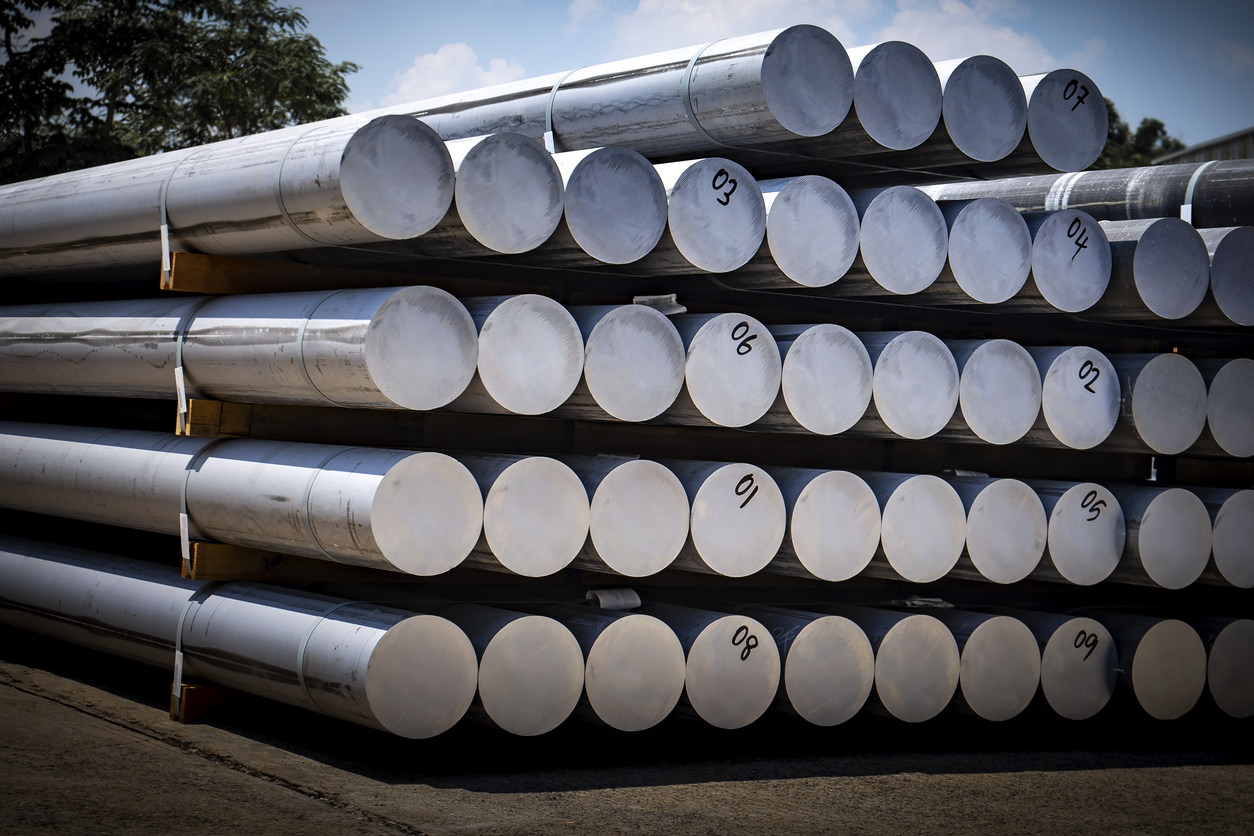How to Ship Goods From Finland to Kenya
How to Ship Goods From Finland to Kenya
Shipping goods from Finland to Kenya can be challenging, especially when you’re dealing with a new partner. If you’re not careful, you might find yourself stuck with a shipment that has been held up at customs for weeks or even months. Fortunately, by being thoughtful about the different ways in which Finland and Kenya are different, you can make the process go smoothly. This blog post will give you an overview of how to ship goods from Finland to Kenya—and get it past all the necessary checkpoints so that your package reaches its destination on time. In this article we’ll cover what factors should influence your decision about which shipping company to use, as well as how much time and effort you will need to spend on these preparations and what documents you need to have ready beforehand.
What to know before shipping from Finland to Kenya
Before you start looking for a shipping company and planning out your shipment, there are a few things that you’ll need to know. First, you’ll want to make sure that you are aware of any import regulations or restrictions that Kenya applies to certain types of shipments. This will help you avoid unpleasant surprises like having your shipment held up at customs. You’ll also want to check the average temperatures in Finland and in Kenya to make sure that your cargo isn’t sensitive to extreme temperatures. You’ll also want to make sure that you’re not shipping anything that could be dangerous or toxic to the people of Kenya.
Finding the best shipper for your goods from Finland to Kenya
Now that you’re aware of the factors that will influence your decision about which shipping company to use, it’s time to start looking for potential partners. You will want to find a shipping company that is licensed to operate in both Finland and Kenya, has a good track record, and offers rates that are both affordable and fair. A good way to start your search for potential shippers is to use a shipping rate comparison website, like the ones featured below. These websites will make it easy for you to search for different shipping companies by rate, transit time, and even customer reviews. Once you’ve found a few potential candidates, it’s time to dig a little deeper and decide which shipping company is best for you. You can do this by first checking to make sure that they are licensed to operate in both Finland and Kenya.
Which shipping company should you use?
Now that you’ve found a few potential partners, it’s time to start looking a little deeper into each shipper. At this point, it’s important to thoroughly examine each shipping company’s track record to make sure that they are reliable and able to deliver on their promises. If you’re shipping temperature sensitive goods, you’ll want to make sure that the shipping company you use has plenty of experience with these shipments. You’ll also want to make sure that they’re able to provide you with a proper temperature controlled shipment. You can do this by following the steps below: – Find out exactly what the average temperatures are in Finland and in Kenya throughout the year. – Find out the recommended temperatures for temperature sensitive goods. – Find out what the minimum temperatures are for a proper temperature controlled shipment. – Make sure that the company you’re shipping with can meet these requirements.
Step 1: Find out exactly how much your shipment weighs
This might seem like an obvious step, but it can be easy to forget the exact weight of your shipment. Knowing the exact weight of your shipment is crucial for determining how much you’re going to pay to ship it. If you don’t know how much your shipment weighs, you’ll want to find out as soon as possible. In order to find out how much your shipment weighs, you’ll want to contact your shipper. Your shipper will likely be able to tell you exactly how much your shipment weighs using a scale that they have on-site. If you have a very small shipment, you may even be able to weigh it yourself using a normal scale.
Step 2: Find out how long it will take to ship your goods
Shipping times can vary significantly depending on a number of factors, including the weather conditions and the type of cargo being shipped. It’s important to find out how long it will take to ship your goods so that you know when they will arrive. To find out how long it will take to ship your goods from Finland to Kenya, you’ll first want to speak with your shipper. They’ll be able to tell you about any potential delays that you should expect and when you should expect your shipment to arrive. Keep in mind that there may be certain times of the year in Finland that cause shipping delays. For example, it might be difficult to ship during the winter months if the Finnish seas are frozen. Similarly, it might be difficult to ship during the rainy season.
Step 3: Find out what import taxes and fees you’ll need to pay
You’ll want to find out exactly what import taxes and fees you’ll need to pay before you start shipping your goods. This will allow you to accurately calculate the cost of your shipment. Import taxes and fees are often influenced by the country you’re shipping to. There are a number of different factors that will influence the amount of import taxes and fees that you’ll need to pay. You’ll want to make sure that you have all of this information handy so that you can accurately calculate the cost of your shipment. You’ll want to find out the following information at the very least: – The current exchange rate between the Euro and the Kenyan Shilling (Euro/Shilling) – What your goods are classified as and what import taxes and fees each classification is subject to – The current import tariffs applied to your goods – Any other fees that may be applied to your shipment
Step 4: Get your documents in order
Before you ship your goods from Finland to Kenya, you’ll want to make sure that you have all of your documents in order. Your shipper will likely require a few different documents as part of your shipment. This includes a commercial invoice, a commercial packing list, a health and safety declaration, proof of ownership, and/or a bill of lading. The documents you’ll need will depend on the type of shipment you’re planning, the shipper that you’re using, and the country you’re shipping to. You’ll want to be sure that you have all of your documents in order before you start the shipping process. This will save you a lot of time and effort down the line.
Conclusion
Shipping goods from Finland to Kenya can be a tricky process. You’ll have to make sure that you’re shipping the right type of cargo, you’re following all the necessary regulations, and you’ve got your documents in order. One way to make sure that you’re doing everything correctly is by finding a reliable shipping company to partner with. This can be challenging, but by following the advice in this article, it will be much easier. With a little bit of research, you can find a shipping company that is licensed to operate in both Finland and Kenya and has a great track record.








LEAVE A COMMENT
You must be logged in to post a comment.